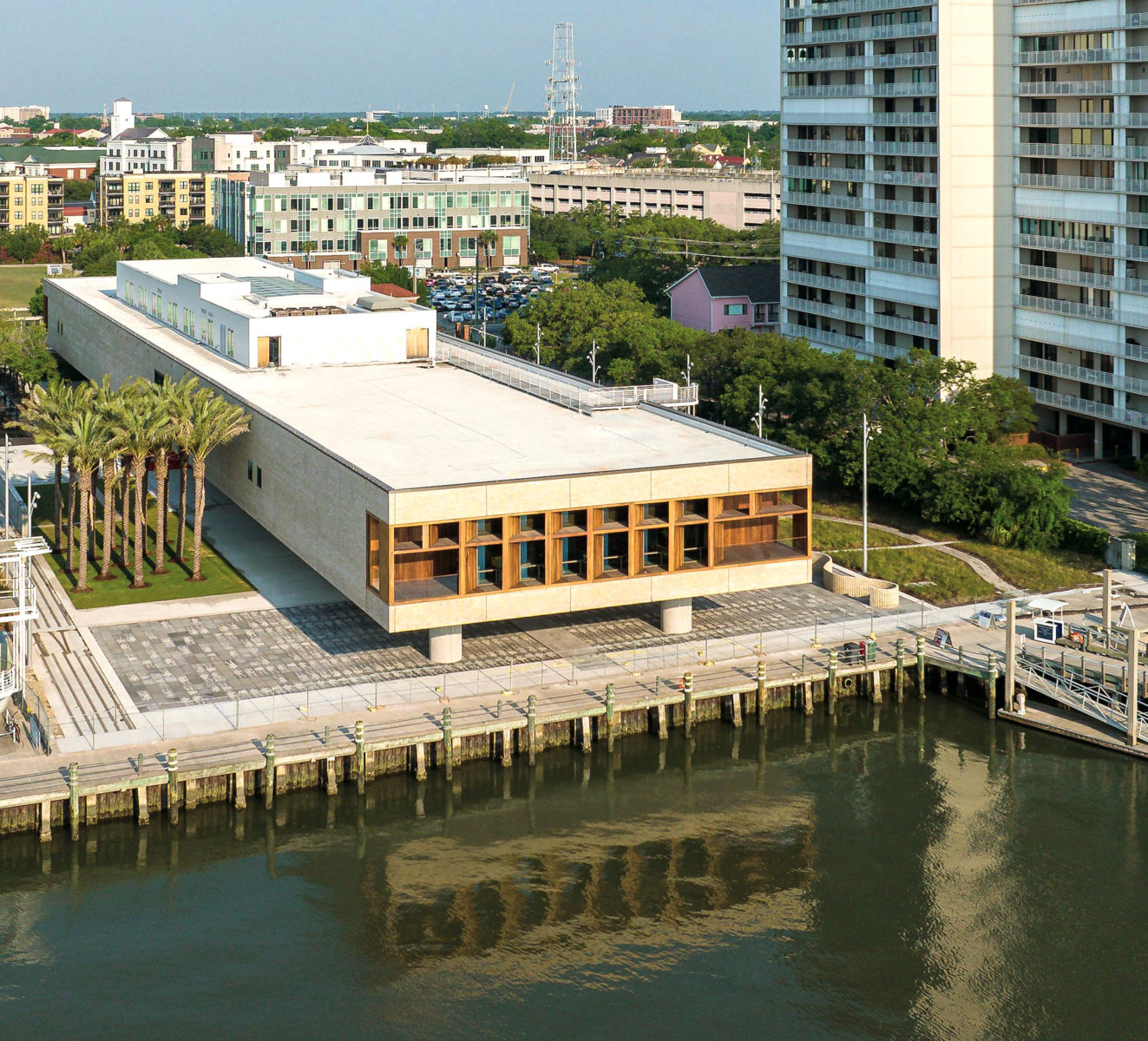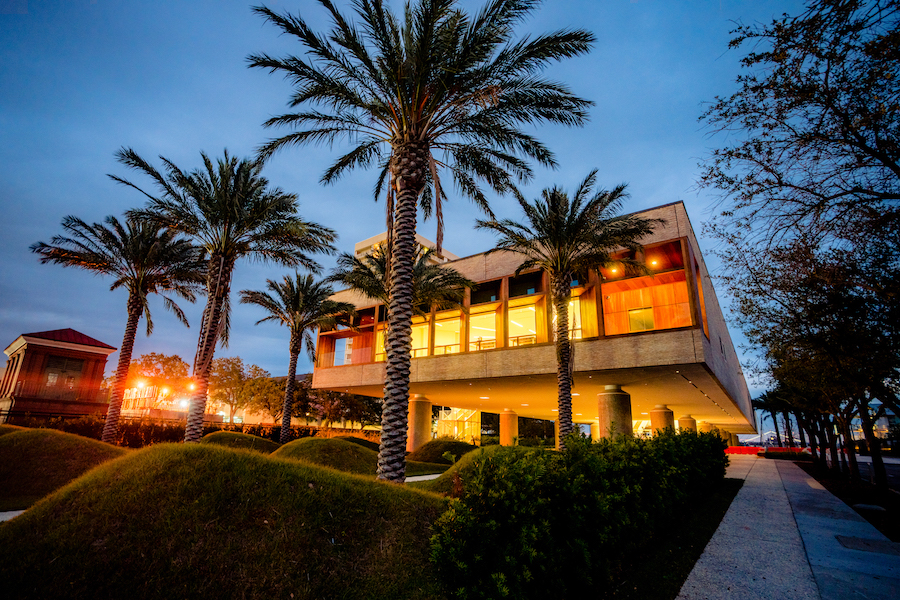Palmetto Carriage Works remains committed to safety
Dear Council Member Gregorie,
Recently the Charleston Animal Society has been making the rounds of mayoral candidates talking about carriage tours. Since they have publically stated that carriage horses should not be used in Charleston, I can only guess at the content of their presentation. That’s why I’m writing this letter. I want to be sure that you know there is another story to be told, a story about the safe, humane use of horses and mules in Charleston for many years, the care they receive, the lives they live, their retirement placement, and most importantly a system that documents it. The Charleston Animal Society has its opinion; the carriage community and the city of Charleston have the facts.
Our argument is a factual record built on tracking the life path of our animals down to the hour, vetting them three times a year, and recording where they go when we retire them from our herd. This process involves city staff, an independent veterinarian, as well as our veterinarian, farrier, and equine dentist, and the staff at Palmetto Carriage Works, all of whom keep and verify records. The city monitors the entire process, and our “Big Red Barn” is always open to the public with our operations conducted in full view.
Here are some statements purportedly being made by CAS:
The cut off temperature of 98 degrees is too hot. We hear this all the time, but is it a fact or an opinion? Does working in the heat hurt the animals? That’s a fair question, and the answer is that under this system there have been no heat related incidents, not one. The key is the taking of each animal’s temperature after every tour when the temperature reaches 85 degrees. If an animal shows signs of overheating, it’s pulled from service. We (the city, vets, and operators) developed this first-of-a-kind system over 20 years ago. At Palmetto Carriage, we temp every animal after every tour, no matter what the ambient temperature is. No animal works when they are overheated, whether it is 40 degrees or 95 degrees. Thus we have had no heat-related incidents. This kind of record validates the system, but Mr. Elmore calls it “broken.”
The temperature is measured exactly the way the National Weather Bureau measures it. We have used their standard since 1986. All of the limitations we’ve worked under were developed using the National Weather Bureau standards. It is the same temperature you hear on the news, read in the newspaper, or access on your smart phone. It is the benchmark for all weather temperature measurements. This standard measures the 98-degree limit that we work under today. Animal activists want to create a new way to measure temperature that will result in significantly higher readings than those of the National Weather Bureau. If you can’t make a case to lower the limit, change the way the temperature is taken.
How safe are carriages? The city records each tour we do, including which animal pulls the carriage, the number of passengers on board, the length of the tour, and the time, as well as any carriage “incident”, including Blondie’s fall (not our horse). The incidents recorded also include a hit and run accident in which a car hit a carriage and fled the scene and a mule kick in the barn that didn’t involve a carriage at all. Considering the number of incidents that have occurred in relation to the number of tours conducted, the fact is that an incident occurs in one out of over 6000 tours, or over 99.9% of tours are conducted without incident. This is not yet perfect, but it’s hardly a menace to public safety.
Everyone has an agenda, we realize. There are those who want to ban carriages while we admittedly want to stay in business, continuing to provide a highly popular, safe, and entertaining way for visitors to see Charleston and learn more about our history. How many images of carriages do you see in magazines or on TV when Charleston is featured? Our tours are popular for a reason, and the many visitors who frequent our barn get to see our animal care close-up, in action.
Do you think anyone would ride a carriage if they thought the animal pulling it was being abused? We’re proud to give our 40 plus animal herd a purposeful life that keeps them out of the unwanted horse category while also providing hundreds of jobs for the community. A study published last year in the Journal of Equine Veterinary Science titled “Retrospective Review of Carriage Horse and Mule Welfare in Charleston, South Carolina (2009-2012)” found that the local carriage industry, including the one anonymously reported on in the study, “provides adequate welfare for their animals, based on the five welfare domains . . . . this company could be used as an example, not only for carriage industry standards, but also for willingness to work alongside veterinarians and other equine health specialists to ensure their animals are receiving optimum care.”
This is what an independent veterinarian concluded after her study, and it pretty much tells the story of carriage animals in Charleston. Seeing is believing and towards that end, I encourage you to stop by and see our process firsthand and review the reports before you listen to hearsay or misperceptions born of another agenda that does not take all facts, figures, and real animal welfare into account.
Sincerely,
Tom Doyle



